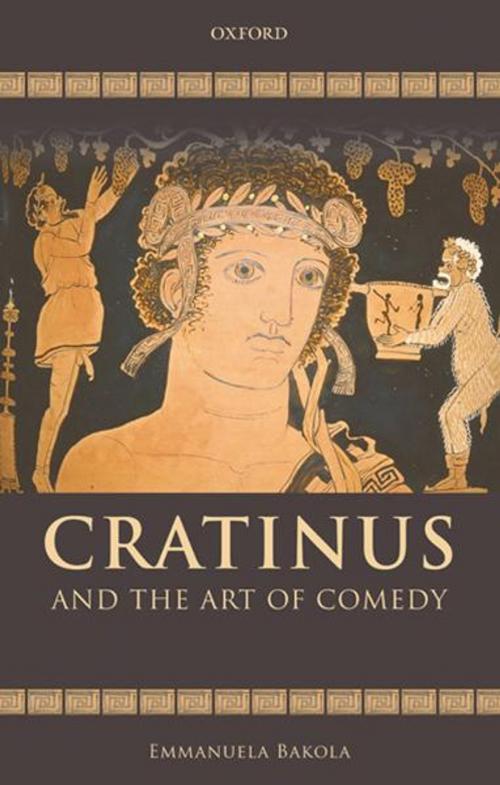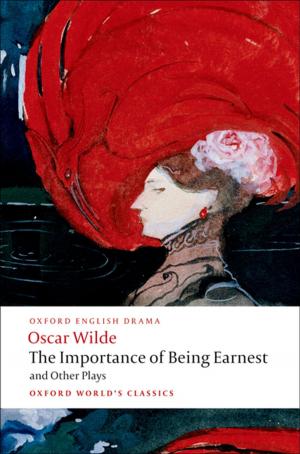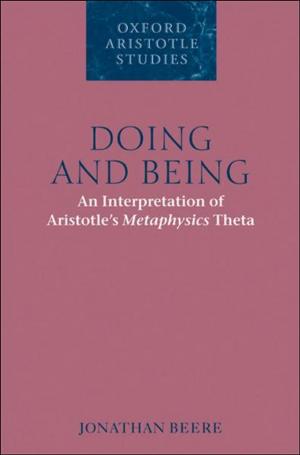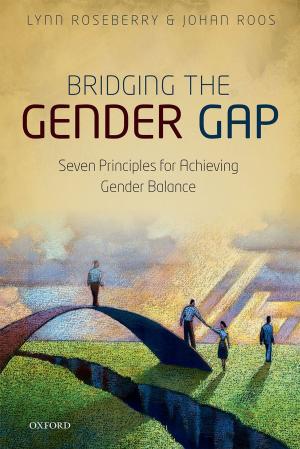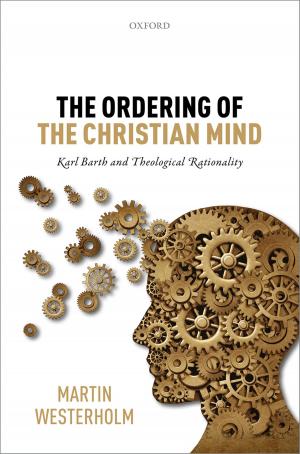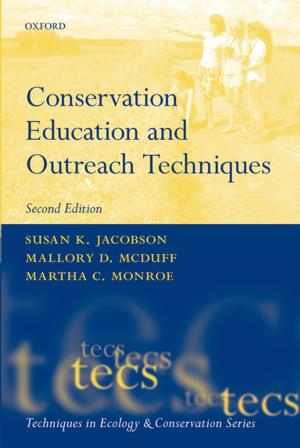Cratinus and the Art of Comedy
Nonfiction, Entertainment, Drama, Greek & Roman, Fiction & Literature, Literary Theory & Criticism| Author: | Emmanuela Bakola | ISBN: | 9780191610011 |
| Publisher: | OUP Oxford | Publication: | December 17, 2009 |
| Imprint: | OUP Oxford | Language: | English |
| Author: | Emmanuela Bakola |
| ISBN: | 9780191610011 |
| Publisher: | OUP Oxford |
| Publication: | December 17, 2009 |
| Imprint: | OUP Oxford |
| Language: | English |
Cratinus, one of the lost great poets of fifth-century Athenian comedy, had a formative influence on the comic genre, including Aristophanes himself. Using a methodologically innovative approach, Emmanuela Bakola studies the surviving fragments of Cratinus' plays and offers a thorough analysis of the multifaceted art of this poet and his place in the history of comedy. Issues which she addresses include the creation of a poetic personality within a performative tradition of fierce interpoetic rivalry; the play at the boundaries of the comic genre and the interaction with satyr drama and tragedy, especially Aeschylus; stagecraft and dramaturgy; comic plot-construction and characterization; the author's reflection on his immediate political, social and intellectual context. As well as providing insight into Cratinus, her book enriches our understanding of fifth-century Athenian comedy in a dynamic evolving environment.
Cratinus, one of the lost great poets of fifth-century Athenian comedy, had a formative influence on the comic genre, including Aristophanes himself. Using a methodologically innovative approach, Emmanuela Bakola studies the surviving fragments of Cratinus' plays and offers a thorough analysis of the multifaceted art of this poet and his place in the history of comedy. Issues which she addresses include the creation of a poetic personality within a performative tradition of fierce interpoetic rivalry; the play at the boundaries of the comic genre and the interaction with satyr drama and tragedy, especially Aeschylus; stagecraft and dramaturgy; comic plot-construction and characterization; the author's reflection on his immediate political, social and intellectual context. As well as providing insight into Cratinus, her book enriches our understanding of fifth-century Athenian comedy in a dynamic evolving environment.
